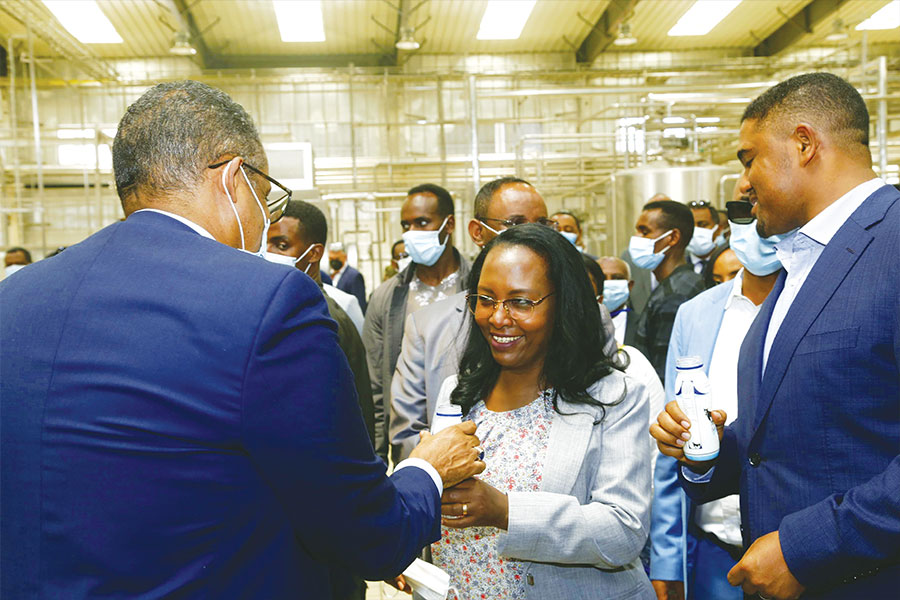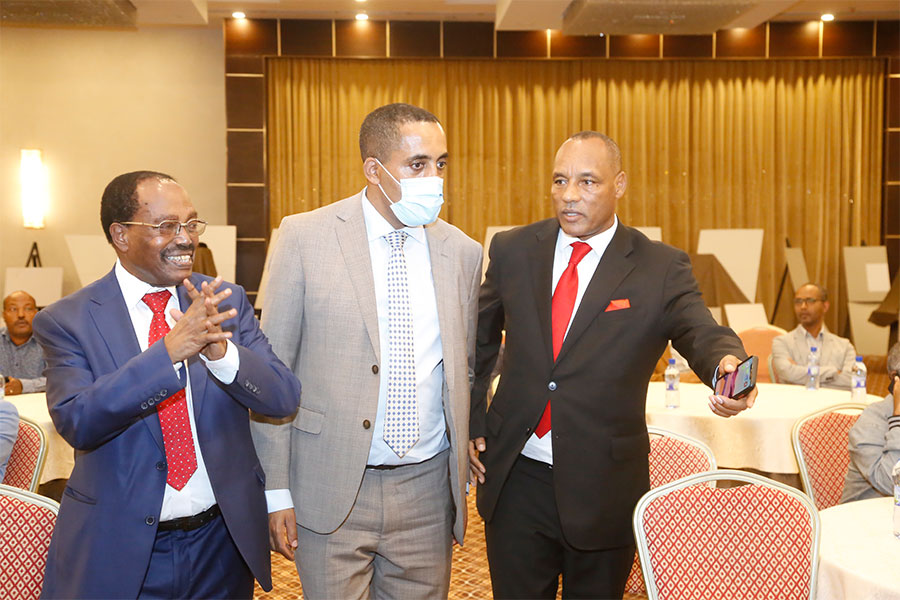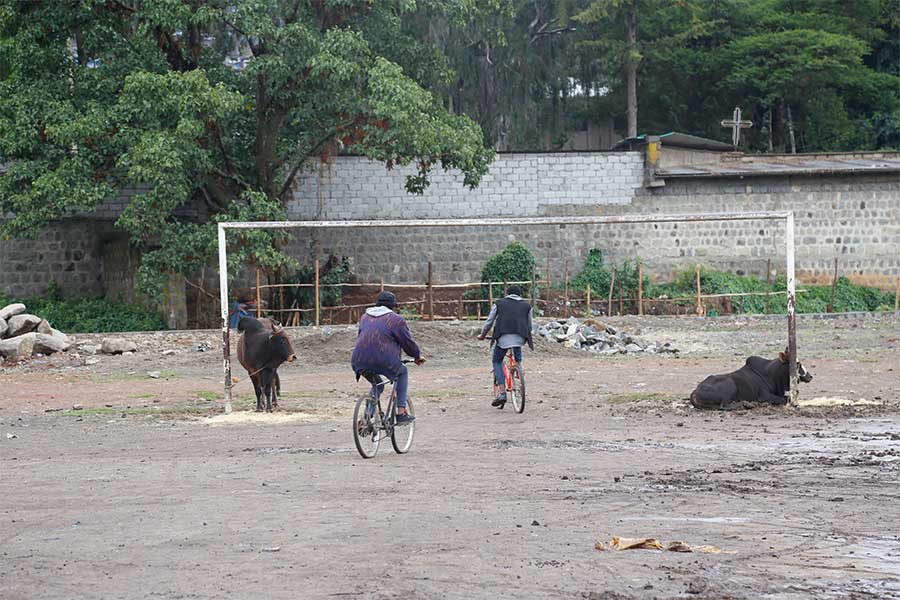
View From Arada | Mar 26,2022
The Ethiopian Statistics Service (ESS) plans to launch a price index survey focusing on construction materials and inputs.
The index is anticipated to serve as a crucial marker in a government-mandated price escalation adjustment for projects commissioned by public offices and universities. Over 800 ongoing projects worth nearly 100 billion Br are publically financed, with almost 90pc run by 41 federal universities.
Officials of the Service, formerly the Central Statistics Agency, have been working on the project since last month, with the plan to use a probability sampling method among others to determine the average prices of up to 30,000 materials used for construction. Over 100 data collectors will be deployed next month to compile prices in a pilot project. They expect the process to take no longer than one month.
The Service plans to compile indices quarterly and use the first survey as a benchmark for future reference, says Zelalem Hailegiorgis, head of the business statistics directorate at the ESS.
The construction industry grew at an annual rate of 11pc for over a decade before taking a series of hits in the past couple of years. The tumble began with the doubling of cement prices to 500 Br a quintal in 2019. Similar increases in the prices of other inputs, such as reinforcement bars (rebar) and aluminium, followed. Finishing materials have also seen prices skyrocket.
Health protocols in response to the COVID-19 pandemic forced some contractors to suspend or even terminate projects, and the construction industry has been struggling to recover ever since.
Outcries from contractors led the Ministry of Finance to issue a circular in March this year, directing federal government offices and public universities to adjust the contractual value of projects based on the changes in the price of construction inputs. In August, following another circular from the Ministry directing that finishing materials should be included in the escalation list, a committee was formed to conduct a market study. It comprises members from the Urban Development and Finance ministries, the Public Procurement & Property Administration Agency, and the Ethiopian Contractors Association.
However, there has been little progress to speak of.
The Contractors Association, representing around 2,500 construction firms, has been collecting receipts and data from 2017 onward to determine trends and the current market prices of inputs such as cement, steel, rebar and finishing materials. The President of the Association, Girma Habtemariam, believes the survey will be of great help in reaching a fair arrangement.
"A separate index for the construction industry will make the price escalation adjustment workable," said Girma.
It is a sentiment shared by Addis Midiksa, a founder and general manager of AK Construction, a grade-four contractor that has been in the industry for almost a decade. According to Addis, it will be instrumental in ensuring transparency and raising the credibility of contractors who will use the index whenever making requests.
Abebe Demisew, head of the Construction Technology & Management Academic Programme at Debre Markos Institute of Technology, urges the surveyors to analyse price patterns across the supply chain.
"There is a tendency to focus on retail price," Abebe told Fortune. "As much attention should be given to factory and wholesale prices."
PUBLISHED ON
Oct 16,2021 [ VOL
22 , NO
1120]

View From Arada | Mar 26,2022

Fortune News | Apr 10,2021

Radar | Sep 10,2022

Fortune News | Apr 09,2022

Fortune News | Jul 18,2021

Radar |

Commentaries | May 03,2025

View From Arada | Dec 25,2021

Radar | Jan 16,2021

Radar | Apr 30,2021

Dec 22 , 2024 . By TIZITA SHEWAFERAW
Charged with transforming colossal state-owned enterprises into modern and competitiv...

Aug 18 , 2024 . By AKSAH ITALO
Although predictable Yonas Zerihun's job in the ride-hailing service is not immune to...

Jul 28 , 2024 . By TIZITA SHEWAFERAW
Unhabitual, perhaps too many, Samuel Gebreyohannes, 38, used to occasionally enjoy a couple of beers at breakfast. However, he recently swit...

Jul 13 , 2024 . By AKSAH ITALO
Investors who rely on tractors, trucks, and field vehicles for commuting, transporting commodities, and f...

Nov 1 , 2025
The National Bank of Ethiopia (NBE) issued a statement two weeks ago that appeared to...

Oct 25 , 2025
The regulatory machinery is on overdrive. In only two years, no fewer than 35 new pro...

Oct 18 , 2025
The political establishment, notably the ruling party and its top brass, has become p...

Oct 11 , 2025
Ladislas Farago, a roving Associated Press (AP) correspondent, arrived in Ethiopia in...